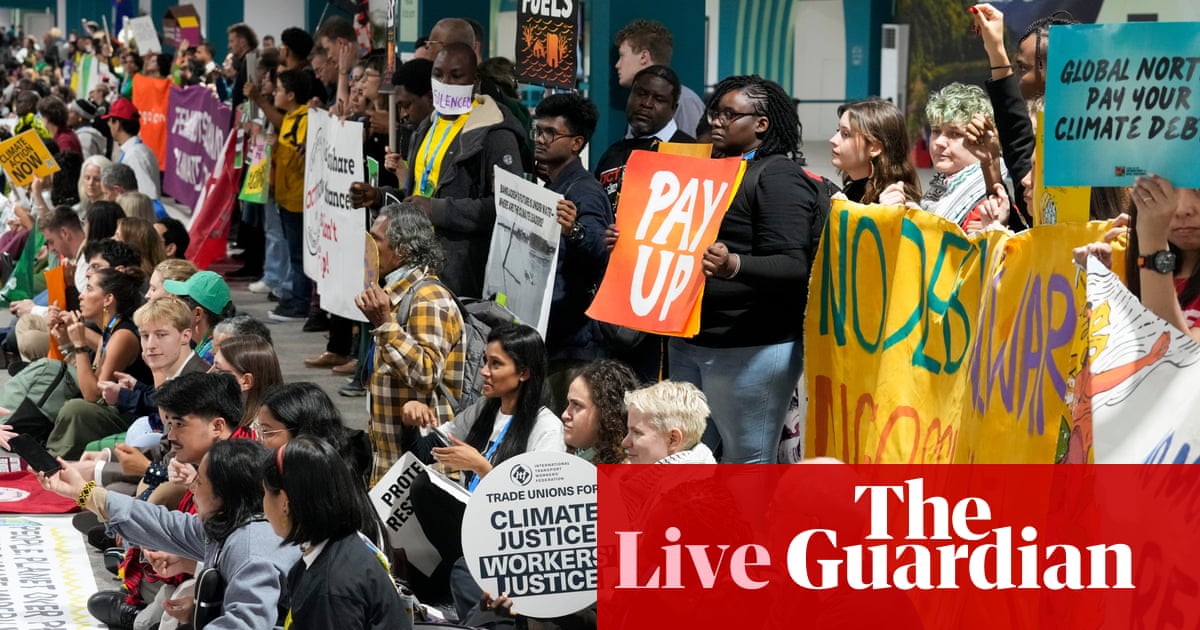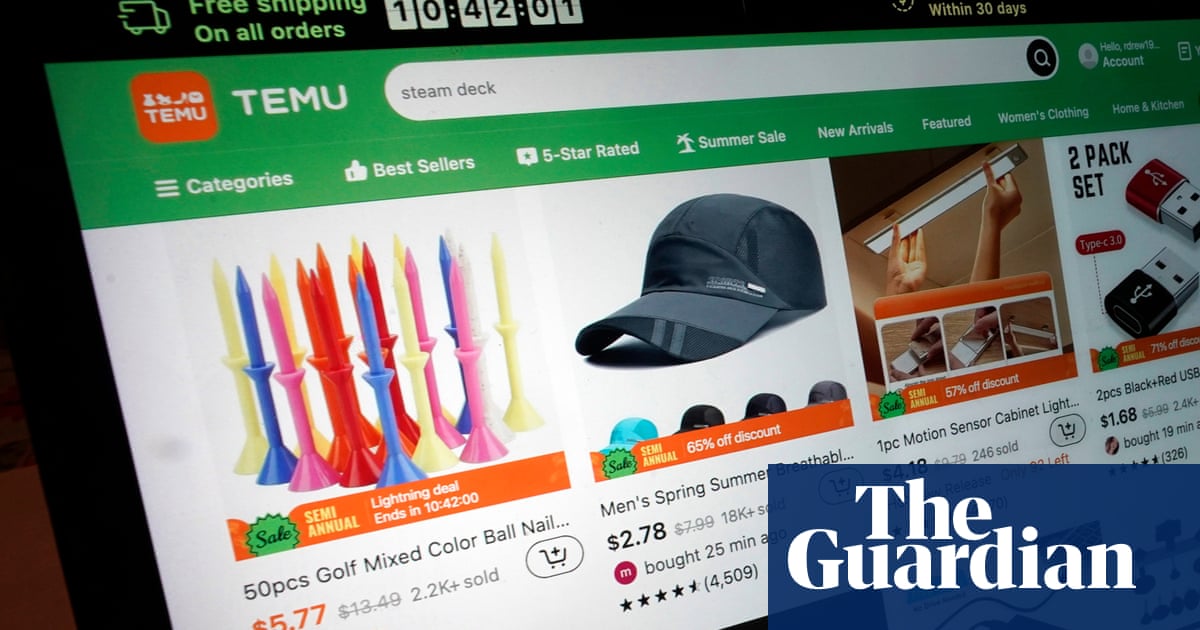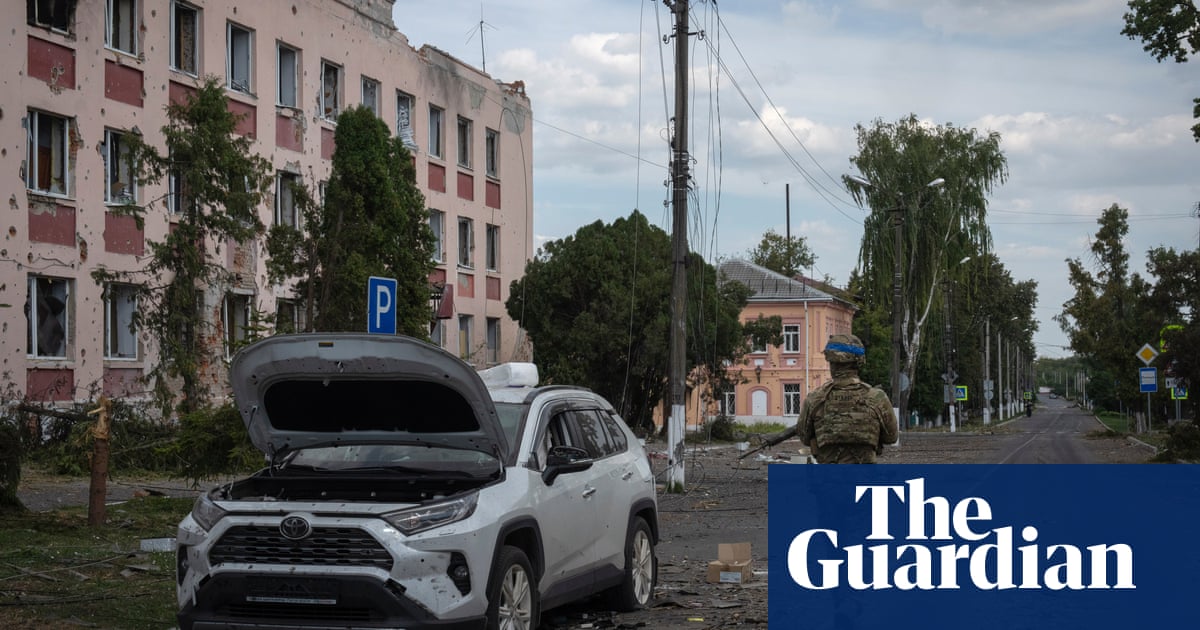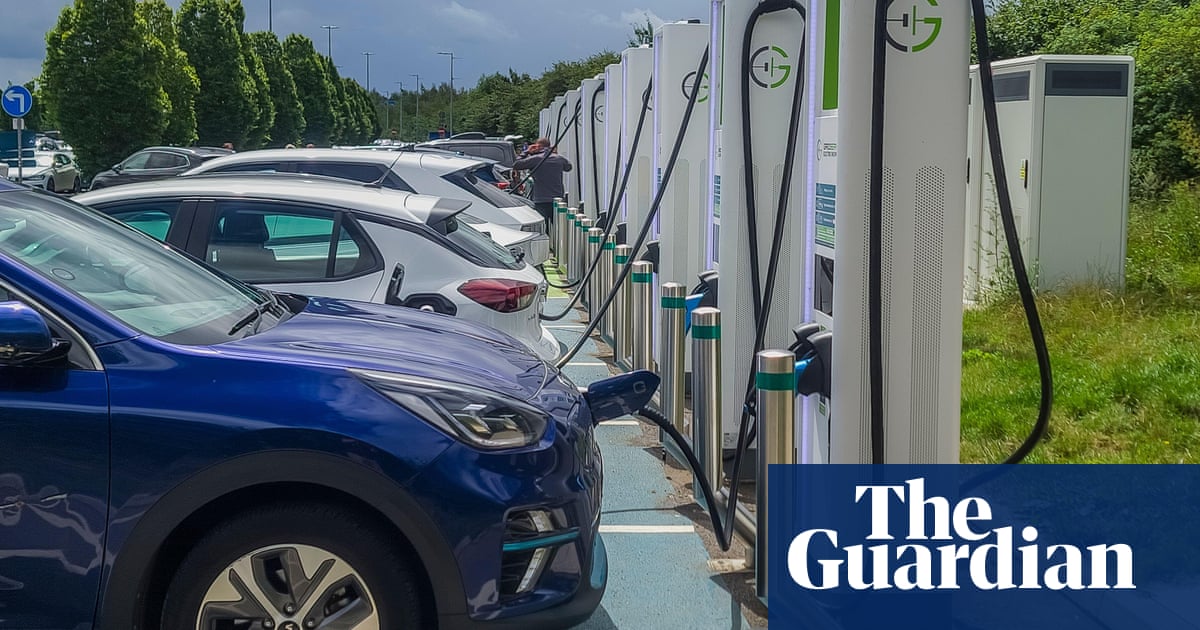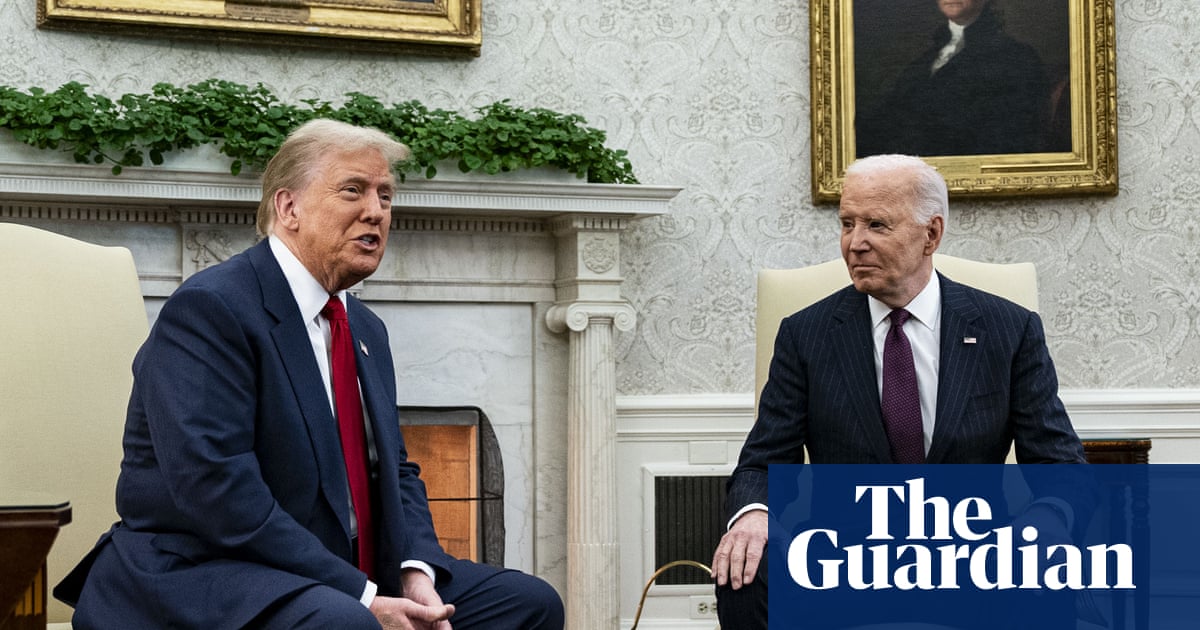UN chief urges G20 ’leadership’ on stalled climate talks
There are reports from AFP that the UN secretary general António Guterres yesterday called on the G20 leaders who are gathering in Rio de Janeiro to rescue the stalled concurrent UN climate talks in Azerbaijan by showing “leadership” on cutting emissions.
“A successful outcome at Cop29 is still within reach, but it will require leadership and compromise, namely from the G20 countries,” Guterres, who will attend the summit of the world’s biggest economies starting Monday, told a press conference in Rio.
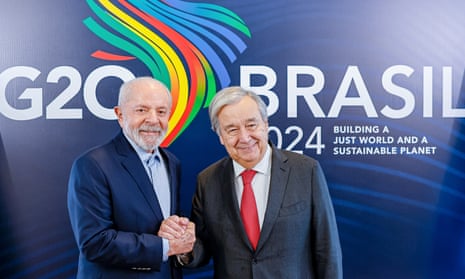
AFP reports: “The annual UN talks in Baku are deadlocked at the midway point, with nations no closer to agreeing a $1 trillion deal for climate investments in developing nations after a week of negotiations.
The talks are stuck over the final figure, the type of financing, and who should pay, with Western countries wanting China and wealthy Gulf states to join the list of donors. All eyes have turned to Rio in the hope of a breakthrough.
“The spotlight is naturally on the G20. They account for 80 percent of global emissions,” Guterres said, calling on the group to “lead by example.”
Climate was an issue advanced by several of the leaders as they converged on Rio.
US President Joe Biden, making a stopover in the Amazon, talked up $11 billion in bilateral climate financing his administration has allocated this year.
He also – in a reference to President-elect Donald Trump taking over from him in two months – declared that “nobody” could reverse the “clean energy revolution” directed by his government.
European Union chief Ursula von der Leyen and South African President Cyril Ramaphosa in Rio jointly launched a campaign to boost renewable energies in Africa.
“Tripling renewables globally until 2030 would mean a cut of 10 billion tonnes of CO2 emissions,” von der Leyen said at an event put on by the advocacy group Global Citizen.
She said the EU was increasing investment around the world for the building of infrastructure of renewables, “specifically in Africa” through the bloc’s Global Gateway program – designed to rival China’s Belt and Road Initiative.
The European Union is the world’s biggest contributor for climate financing, most of which goes through multilateral funds.
Chinese President Xi Jinping – whose country is the planet’s biggest polluter – made his own plea for the G20 to step up international cooperation against climate change.
The leaders of the world’s biggest economies should coordinate efforts in areas such as “green and low-carbon development, environmental protection, energy transition and climate change response,” he said in a tribune published in Brazil’s Folha de Sao Paulo newspaper.
The G20 should “provide more funding, technology and capacity-building support to Global South countries,” he said.
Brazil is hoping to channel the focus on climate in the two-day G20 summit for it to feature prominently in the meeting’s final declaration.
Marina Silva, Brazil’s environment minister, said it was “fundamental” that the G20 participants “do their homework” and see to it that the COP29 negotiations move forward.
Key events

Adam Morton
Representatives from two Pacific island countries have sharply criticised Australia over its plans for a massive gas industry expansion in Western Australia, saying it could ultimately result in 125 times more greenhouse gas emissions than their island nations release in a year.
Representatives from Vanuatu and Tuvalu called on Australia to stop approving new fossil fuel developments, including a proposal to extend the life of Woodside’s North West Shelf gas facility until 2070.
Vanuatu’s special envoy for climate change, Ralph Regenvanu, said Australia was “not acting in good faith” when it stood alongside Pacific leaders on the global stage and promoted its climate credentials while continuing to approve coal and gas projects.
“As the world’s third largest fossil fuel exporter, the Australian government is exporting climate destruction overseas, including to Pacific nations like Vanuatu, who experience the most devastating impacts of the climate crisis, despite contributing the least,” he said. “This is climate injustice.”
Tuvalu’s climate change minister, Maina Talia, said new fossil fuel developments were incompatible with the global commitment to pursue efforts to limit global heating to 1.5C, agreed as part of the Paris climate deal.
The criticism comes as Australia is lobbying to host Cop31 in 2026 in partnership with Pacific countries. They are vying with Turkey for the hosting rights. Pacific leaders have largely supported the bid for what has been described as a proposed “Pacific Cop”, and have argued it should focus on lifting commitments to cut emissions and support the most vulnerable in the region.
You can read the full story here:
One of the most striking things about attending any Cop summit is the sense of walking through corridors filled with a truly global population, Representatives of different nations take great pride in wearing the traditional clothes of their community, and it makes an immensely powerful and inspiring statement.
Photographer Rafiq Maqbool, from AP, has spent a bit of time taking some striking photographs of a few of the different representatives. We’ll post a few more later.
UN chief urges G20 ’leadership’ on stalled climate talks
There are reports from AFP that the UN secretary general António Guterres yesterday called on the G20 leaders who are gathering in Rio de Janeiro to rescue the stalled concurrent UN climate talks in Azerbaijan by showing “leadership” on cutting emissions.
“A successful outcome at Cop29 is still within reach, but it will require leadership and compromise, namely from the G20 countries,” Guterres, who will attend the summit of the world’s biggest economies starting Monday, told a press conference in Rio.
AFP reports: “The annual UN talks in Baku are deadlocked at the midway point, with nations no closer to agreeing a $1 trillion deal for climate investments in developing nations after a week of negotiations.
The talks are stuck over the final figure, the type of financing, and who should pay, with Western countries wanting China and wealthy Gulf states to join the list of donors. All eyes have turned to Rio in the hope of a breakthrough.
“The spotlight is naturally on the G20. They account for 80 percent of global emissions,” Guterres said, calling on the group to “lead by example.”
Climate was an issue advanced by several of the leaders as they converged on Rio.
US President Joe Biden, making a stopover in the Amazon, talked up $11 billion in bilateral climate financing his administration has allocated this year.
He also – in a reference to President-elect Donald Trump taking over from him in two months – declared that “nobody” could reverse the “clean energy revolution” directed by his government.
European Union chief Ursula von der Leyen and South African President Cyril Ramaphosa in Rio jointly launched a campaign to boost renewable energies in Africa.
“Tripling renewables globally until 2030 would mean a cut of 10 billion tonnes of CO2 emissions,” von der Leyen said at an event put on by the advocacy group Global Citizen.
She said the EU was increasing investment around the world for the building of infrastructure of renewables, “specifically in Africa” through the bloc’s Global Gateway program – designed to rival China’s Belt and Road Initiative.
The European Union is the world’s biggest contributor for climate financing, most of which goes through multilateral funds.
Chinese President Xi Jinping – whose country is the planet’s biggest polluter – made his own plea for the G20 to step up international cooperation against climate change.
The leaders of the world’s biggest economies should coordinate efforts in areas such as “green and low-carbon development, environmental protection, energy transition and climate change response,” he said in a tribune published in Brazil’s Folha de Sao Paulo newspaper.
The G20 should “provide more funding, technology and capacity-building support to Global South countries,” he said.
Brazil is hoping to channel the focus on climate in the two-day G20 summit for it to feature prominently in the meeting’s final declaration.
Marina Silva, Brazil’s environment minister, said it was “fundamental” that the G20 participants “do their homework” and see to it that the COP29 negotiations move forward.
My colleague Damian Carrington has written about a new assessment of the role of climate change in extreme weather events, which found that it is supercharging heatwaves, floods, storms, droughts and wildfires.
At least 24 previously impossible heatwaves have struck communities across the planet, a new assessment has shown, providing stark evidence of how severely human-caused global heating is supercharging extreme weather.
The impossible heatwaves have taken lives across North America, Europe and Asia, with scientific analyses showing that they would have had virtually zero chance of happening without the extra heat trapped by fossil fuel emissions.
Further studies have assessed how much worse global heating has made the consequences of extreme weather, with shocking results. Millions of people, and many thousands of newborn babies, would not have died prematurely without the extra human-caused heat, according to the estimates.
The analysis comes as residents were evacuated from their homes in New York state due to wildfires, made worse by a prolonged drought over nearly half of the US.

Fiona Harvey
We are now embarking on the second week of talks in Azerbaijan, and critics have been calling Cop29 “stuck”, “logjammed”, “on a knife edge”, and “foundering”. One respected commentator, Mohamed Adow, director of the Power Shift Africa thinktank, said: “This has been the worst first week of a Cop in my 15 years attending these summits. There’s been limited progress … I sense frustration, especially among the developing country groups here at Cop. The presidency isn’t giving any hope for how the world will strike the right compromises.”
This kind of weariness is understandable, especially from people stuck in windowless rooms for 18 hours a day. And the frustration of developing countries is real – climate finance, the subject of this Cop, is a matter of life and death for them, and rich countries are certainly dragging their heels on coming up with the sums needed.
It has been a gruelling week, beginning last weekend with a tedious row over the agenda as countries led by Saudi Arabia – predictably and reprehensibly – tried to sideline discussions of the “transition away from fossil fuels” that was agreed last year, as a way of unpicking that resolution. That led to long nights, even at an early stage.
Added to that, world leaders failed to turn up in the numbers expected, with many of them – Biden, Scholz, Macron, von der Leyen and Trudeau among them – facing troubles at home. The Cop process itself has come under attack, with a group including a former UN secretary-general, a former UN climate chief, and a former UN climate envoy, calling for reform.
But to be too gloomy about these talks at this stage would be wrong. There is a deal to be struck here – and as Germany’s respected development minister Jochen Flasbarth warns today, putting it off to next year means trying to run these talks with Donald Trump in the White House.
This is my 18th Cop – my first was Cop10 in Buenos Aires in 2004, in the distant days when Argentina was a developing world climate champion. From my perspective, the first week of Cop29 has not seen great movement, but nor has the Cop shown signs of falling apart – unlike the infamous Copenhagen Cop15, in 2009 which was already a shambles by the midway point. With negotiations lasting two weeks, progress on breaking down the key obstacles will inevitably be limited, at the halfway mark.
The Cop presidency has made some missteps – rolling out the red carpet to oil companies; the Cop chief executive appearing to offer facilitation of fossil fuel deals to an undercover journalist. But it has not allowed the agenda to spiral out of its control, as the Danish prime minister’s office did at at Cop15, which ended in mayhem. (Though also with a useful deal, which many people forget.)
We must all remember, too, that Cop29 is breaking new ground, so it’s not surprising this is turning out to be tricky. This is the first time there have ever been substantive negotiations on finance at a Cop.
When the totemic target of ensuring $100bn would flow to developing countries each year by 2020 was put on the table, in the last days of Copenhagen, it was done with only brief prior discussion. (The finance announcement took even the UN by surprise – Ban Ki-moon, when I interviewed him just after he had stepped off the plane at Copenhagen, confidently told me that developing countries must resign themselves to leaving Cop15 without promises of cash. When the story appeared, he was promptly shot down by the Cop presidency and told to recant – so he claimed to have been misquoted. He wasn’t.)
Finance ministers don’t even come to Cops, under normal circumstances, or make only occasional brief appearances – these meetings are usually run by environment ministers or foreign ministries. To get an idea of how constrained other ministries are by the finance department, take the speech by UK foreign secretary David Lammy this September. Lammy wanted to announce the UK’s return to climate leadership on the global stage, in contrast to his Conservative predecessors. But he was not allowed to confirm the UK’s pledge of £11.6bn of climate aid, set out under the previous government – because the UK’s finance minister, Rachel Reeves, would not set out the UK budget until the following month.
That constraint is fairly typical across governments – no other ministries may preempt Treasury decisions. So the involvement of finance in this year’s talks is an added complication for many.
Finding the money to put developing countries on to a green path makes sense for rich countries, and for rapidly developing economies such as China, as much as it does the poor. Not only would it prevent climate chaos, help stem climate migration, and prevent the reversal of development in stricken countries – it would also open new markets for countries with low-carbon expertise to sell into. A trillion dollars a year is only about 1% of the global economy, and is less than a third of the amount spent globally on energy every year. These talks are not a lost cause. A deal at Cop29 would lift everybody, and it is there to be grasped.
Good morning! It’s Monday morning, and the negotiations at Cop29 will resume today after a day of rest for everyone concerned.
I’m Bibi van der Zee, and I’ll be anchoring the liveblog this morning, so please send your thoughts and suggestions along to me at [email protected]. Looking forward to hearing from you.
